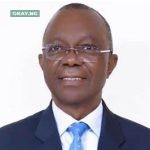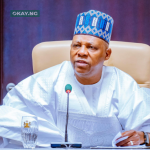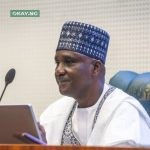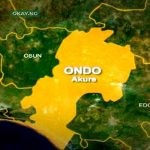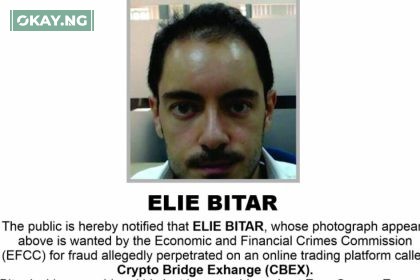To fortify Nigeria’s financial system against illicit activities, the Central Bank of Nigeria (CBN) has announced the immediate commencement of “mystery shopping” exercises targeting Bureau de Change (BDC) operators nationwide. This novel approach, detailed in a circular issued on April 17, 2025, and spearheaded by the Director of the Compliance Department, Amonia Opusunju, signals an intensified effort to ensure strict adherence to anti-money laundering (AML) and counter-terrorism financing (CFT) regulations within the critical foreign exchange sector.
This strategic deployment of undercover compliance officers aims to provide a real-time assessment of how BDCs are implementing crucial regulatory mandates. These include rigorous customer identification protocols, the mandatory Know-Your-Customer (KYC) procedures, and the timely reporting of any transactions deemed suspicious. The CBN’s adoption of mystery shopping, a globally recognized technique, underscores its commitment to proactively monitoring and enforcing compliance, moving beyond traditional audit methods.
“As part of its enhanced effort to combat money laundering, the financing of terrorism, proliferation financing, and other illicit financial activities, the Central Bank of Nigeria (CBN) hereby notifies all Bureau de Change (BDC) operators in Nigeria that it will commence mystery shopping exercises with immediate effect,” the official circular stated, highlighting the urgency and seriousness of this initiative.
The regulatory framework underpinning this action is robust, encompassing the Money Laundering (Prevention and Prohibition) Act, 2022, the Terrorism (Prevention and Prohibition) Act, 2022, and the specific Regulatory and Supervisory Guidelines for Bureau De Change Operators in Nigeria, 2024, alongside directives from the Nigerian Financial Intelligence Unit (NFIU). These regulations are designed to create a transparent and accountable financial environment, crucial for Nigeria’s economic stability and international standing.
The stakes for non-compliance are high. The CBN has explicitly warned that any BDC found to be in violation of the stipulated AML/CFT regulations will face stringent penalties, including significant monetary fines and the potential revocation of their operating licenses. This firm stance underscores the apex bank’s zero-tolerance policy towards any breaches that could compromise the integrity of Nigeria’s financial ecosystem.
Read Also: Forex Speculation: CBN Tightens Grip on Bureau de Change Operators
“For the avoidance of doubt, full responsibility for compliance rests with each licensed BDC,” the CBN emphasized, leaving no room for ambiguity regarding accountability. This directive places the onus squarely on BDC operators to ensure their staff are adequately trained, their transaction monitoring systems are robust, and their customer onboarding processes are fully aligned with the prevailing compliance frameworks.
Industry analysts suggest that this move by the CBN reflects a proactive approach to safeguarding the economy from the destabilizing effects of illicit financial flows. By employing mystery shopping, the regulator gains firsthand insights into the operational practices of BDCs, identifying potential vulnerabilities that might be exploited by criminal elements. This direct engagement allows for more targeted interventions and a more accurate assessment of the sector’s adherence to global standards.
For everyday Nigerians and businesses that rely on BDCs for legitimate foreign exchange transactions, this enhanced oversight could lead to a more secure and transparent market. By clamping down on illicit activities, the CBN aims to foster greater trust and stability within the financial system, ultimately benefiting all stakeholders.
The immediate commencement of these mystery shopping exercises signals a new era of scrutiny for BDC operators in Nigeria. As the CBN steps up its vigilance, the industry will undoubtedly need to adapt swiftly to ensure full compliance, reinforcing their role as legitimate and trustworthy players in the nation’s financial landscape.



